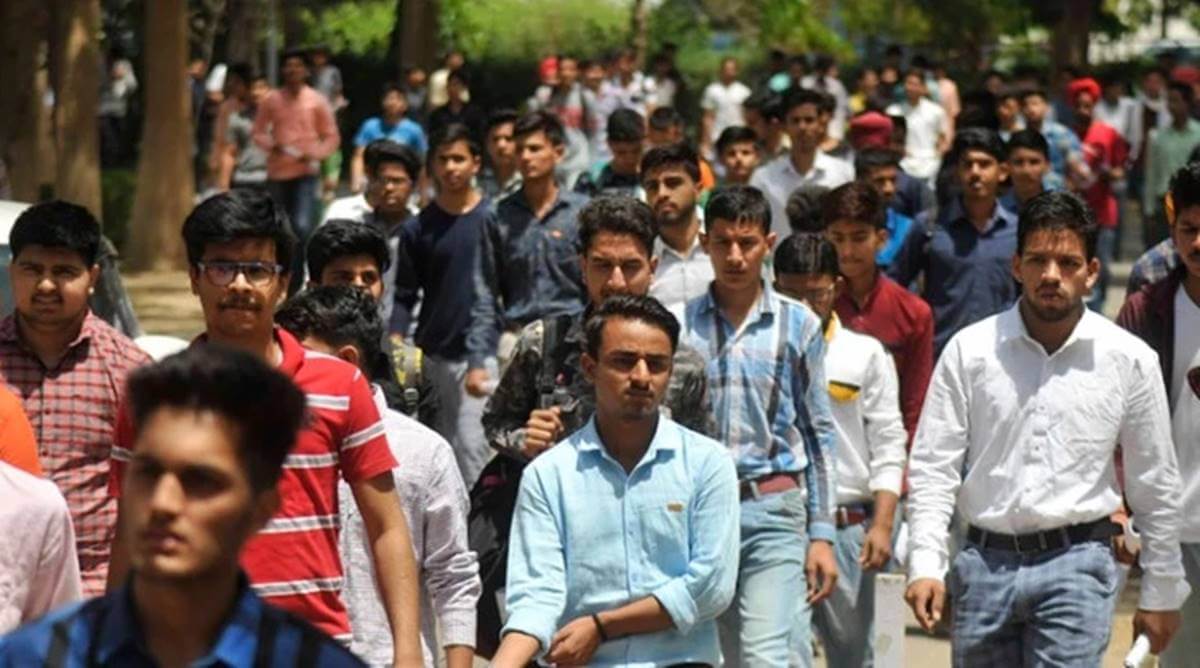On Wednesday, the Lok Sabha was informed that as of 1st March 2018 (almost 2 years ago), there were over 6.8 lakh job positions vacant in different departments under the central government. Replying to the lower house, Jitendra Singh, Minister of State for Personnel cited the annual report of the Pay and Research Unit of the Department of Expenditure and gave it in writing that as of 1st March 2018, 31,18,956 job position were in position out of 38,02,779.
Jitendra Singh said, “Vacancies in the central government are caused due to retirement, resignation, death, promotion etc. and the posts falling vacant are required to be filled as per recruitment rules by the concerned ministries/ departments/ organisations”.
He said that filling the job posts is a never-ending process and depends not only upon the vacancies arising in the Departments and Ministries throughout the year but also on the action calendar followed by the recruiting agencies.
In the current fiscal year (2019- 20) itself the three recruiting agencies – Railway Recruitment Board (RRB), Union Public Service Commission (UPSC), and Staff Selection Commission (SSC) – have made the recommendation for recruiting over 1.3 lakh vacant job posts.
The highest recommendation was made by RRB with 1,16,391. SSC and UPSC recommended 13,995 and 4,399 respectively, according to the written reply.
The reply also stated that RRB, SSC, Ministry of Defence, and Postal Service Board are already in the process of recruiting 3,10,832 people to fill the vacant positions, out of this, 27,652 will be filled for defence civilians.
The reply also mentioned that recently all the departments and the ministries were requested to take time-bound actions in order to fill in the vacant posts in various departments and their respective attached/ subordinate offices.The reply said, “To reduce the recruitment cycle, recruiting agencies have switched over to computer based online test, interview for non-gazetted posts has been discontinued and a provisional appointment is being made pending verification of antecedents of the candidates”.


